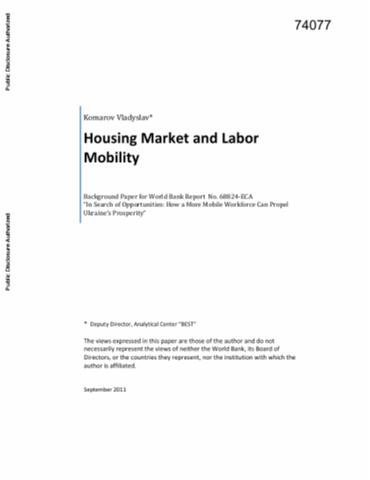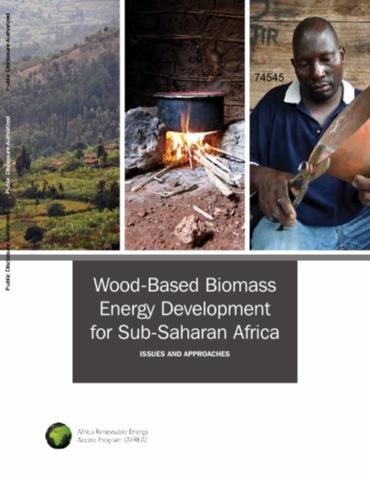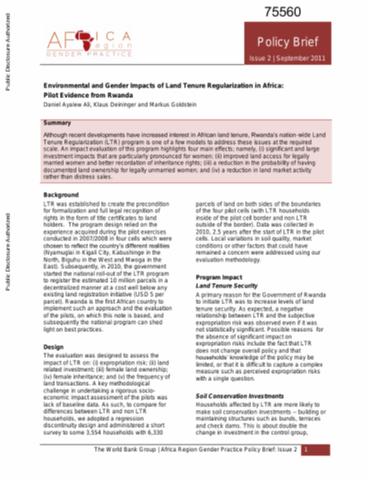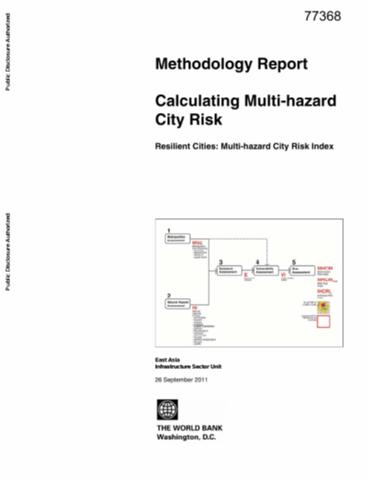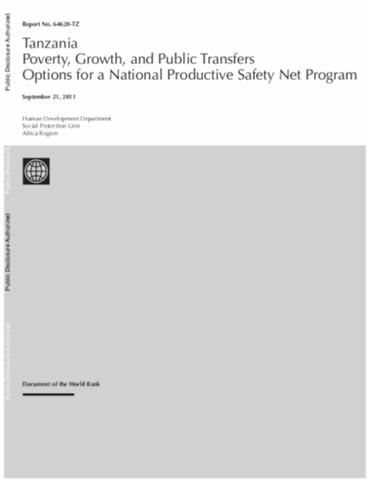The World Bank is a vital source of financial and technical assistance to developing countries around the world. We are not a bank in the ordinary sense but a unique partnership to reduce poverty and support development. The World Bank Group has two ambitious goals: End extreme poverty within a generation and boost shared prosperity.
- To end extreme poverty, the Bank's goal is to decrease the percentage of people living on less than $1.25 a day to no more than 3% by 2030.
- To promote shared prosperity, the goal is to promote income growth of the bottom 40% of the population in each country.
The World Bank Group comprises five institutions managed by their member countries.
The World Bank Group and Land: Working to protect the rights of existing land users and to help secure benefits for smallholder farmers
The World Bank (IBRD and IDA) interacts primarily with governments to increase agricultural productivity, strengthen land tenure policies and improve land governance. More than 90% of the World Bank’s agriculture portfolio focuses on the productivity and access to markets by small holder farmers. Ten percent of our projects focus on the governance of land tenure.
Similarly, investments by the International Finance Corporation (IFC), the World Bank Group’s private sector arm, including those in larger scale enterprises, overwhelmingly support smallholder farmers through improved access to finance, inputs and markets, and as direct suppliers. IFC invests in environmentally and socially sustainable private enterprises in all parts of the value chain (inputs such as irrigation and fertilizers, primary production, processing, transport and storage, traders, and risk management facilities including weather/crop insurance, warehouse financing, etc
For more information, visit the World Bank Group and land and food security (https://www.worldbank.org/en/topic/agriculture/brief/land-and-food-security1
Resources
Displaying 4581 - 4585 of 4907Housing Market and Labor Mobility
Labor mobility is determined by a whole set of different factors, but housing market is clearly one of the most important ones. Individuals do not make employment decisions without taking into account options of housing market. Economy constantly changes and diverse opportunities arise in different locations at different points of time. Badly functioning housing market can cause low labor mobility and restrain the ability of employers to match vacancies in specific locations. The issue of labor mobility is especially vital for developing countries.
Wood-Based Biomass Energy Development for Sub-Saharan Africa
Nearly half the world's population and about 81 percent of Sub-Saharan African (SSA) households rely on wood-based biomass energy (fuel wood and charcoal) for cooking. This degree of reliance is far greater than in any other region. While the use of biomass fuels in China, India and much of the developing world has peaked or will do so in the near future, SSA's consumption will either remain at very high levels or even grow over the next few decades.
Environmental and Gender Impacts of Land Tenure Regularization in Africa
Although recent developments have increased interest in African land tenure, Rwanda's nation-wide Land Tenure Regularization (LTR) program is one of a few models to address these issues at the required scale.
Calculating Multi-hazard City Risk
Nearly half of East Asia population lives in cities and the region is urbanizing so rapidly that built up areas are projected to increase faster here than in any other region in the next twenty years. Still, more than half of slum dwellers around the world live in East Asia. These are the people most vulnerable to disaster impacts.
Tanzania Poverty, Growth, and Public Transfers : Options for a National Productive Safety Net Program
Tanzania has made significant economic progress in the recent past, with per capita national income almost doubling from United States (U.S.) 230 dollars equivalent in the late-1990s to U.S. 440 dollars. This report explores the role safety nets and transfers can play in reducing poverty more rapidly in Tanzania. It presents the potential need and costs, to inform a debate of options.






